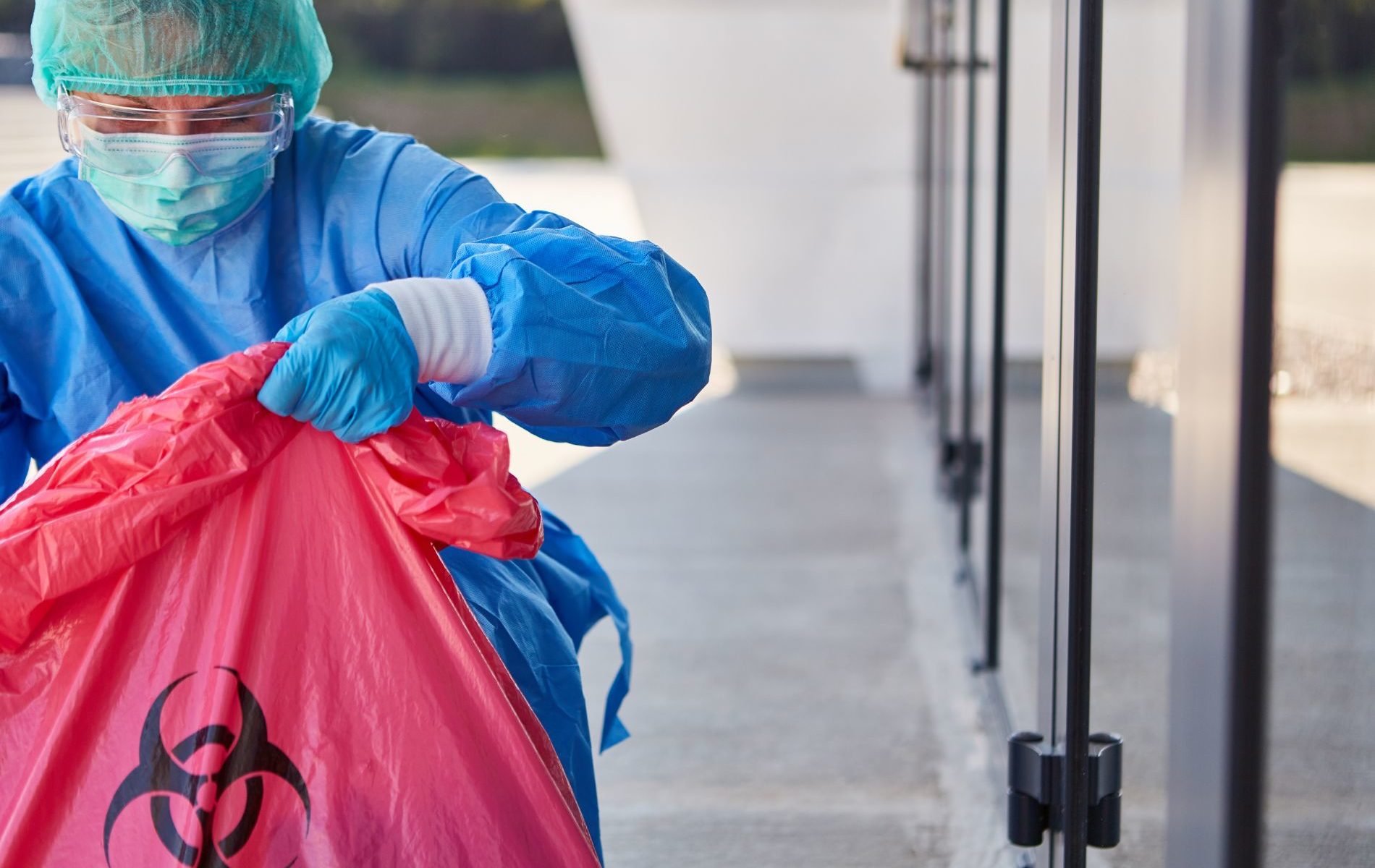The Definitive Guide to Reclaim Waste
The Definitive Guide to Reclaim Waste
Blog Article
Rumored Buzz on Reclaim Waste
Table of ContentsSome Known Details About Reclaim Waste More About Reclaim WasteHow Reclaim Waste can Save You Time, Stress, and Money.What Does Reclaim Waste Mean?Reclaim Waste Things To Know Before You Buy
Discover the kinds, events, and types of liquid waste. Residential sewage waste describes the waste and products from a property sewage-disposal tank. This sort of waste is developed by humans in houses, schools, and other structures. This only consists of sewage-disposal tanks that have a drain area. The correct management and disposal of domestic sewage waste need fluid waste to be transferred to a sewer treatment plant where the appropriate techniques and equipment are related to purify and deal with waste.
Commercial waste typically consists of potential threats, such as flammable products or a mixture of liquid and strong waste products, and needs a more sophisticated and detailed disposal process. The disposal of industrial waste generally includes the purification of waste before transport to guarantee secure and appropriate disposal. Hazardous waste is produced from by-products and runoff of industrial procedures and manufacturing.
This kind of waste can not make use of the exact same sewer administration transport or procedures as septic or commercial fluids. The hazardous waste management process calls for the evaluation and screening of fluid waste prior to it goes through the disposal procedure (industrial wastewater treatment). Overflow waste is the liquid waste that comes from overflow and excess stormwater in extremely populated areas or cities
Runoff waste can cause contamination and flooding if not dealt with appropriately. Find out more regarding sewer cleaning and waste management. Ensuring appropriate waste management can prevent calamities and lower ecological harm. Both individuals in residential settings and specialists in business or manufacturing markets can gain from comprehending the procedures and regulations of fluid waste monitoring.
The Greatest Guide To Reclaim Waste
Call PROS Services today to learn more about our waste monitoring and disposal services and the appropriate ways to take care of the fluid waste you produce.
(https://experiment.com/users/reclaimwaste1)Do you understand what occurs to your water when you end, purge the bathroom or drain the washing machine? No? Well, it deserves knowing. This supposed 'wastewater' is not just an important source however, after therapy, will be launched to our land, waterways or the sea. Utilized water from toilets, showers, bathrooms, kitchen sinks, washings and industrial procedures is understood as wastewater.

water used to cool down equipment or tidy plant and devices). Stormwater, a type of wastewater, is overflow that streams from farming and urban locations such as roof coverings, parks, gardens, roadways, paths and rain gutters right into stormwater drains, after rainfall. Stormwater moves without treatment straight to local creeks or rivers, ultimately getting to the ocean.
Reclaim Waste - The Facts
In Queensland, the majority of wastewater is dealt with at sewer treatment plants. Wastewater is delivered from residential or commercial websites via a system of sewers and pump stations, understood as sewage reticulation, to a sewer treatment plant. City governments develop, preserve and operate most sewage treatment plants. Operators are licensed under the Environmental Protection Act 1994 to discharge treated wastewater at an acceptable environmental view publisher site criterion right into rivers.
The Division of Natural Resources advises city governments about managing, operating and maintaining sewerage systems and therapy plants. In unsewered locations, local governments may call for householders to mount specific or family sewer therapy systems to treat domestic wastewater from commodes, cooking areas, shower rooms and laundries. The Department of Natural Resources authorizes making use of household systems when they are confirmed to be reliable.
In some brand-new class, treatment of some stormwater to eliminate litter, sand and crushed rock has begun using gross pollutant catches. Wastewater treatment takes place in four stages: Removes solid issue.
Utilizes small living microorganisms knows as micro-organisms to break down and eliminate continuing to be dissolved wastes and fine bits. Micro-organisms and wastes are incorporated in the sludge.
All about Reclaim Waste
Nutrient elimination is not readily available in all sewer therapy plants because it requires expensive specialised equipment. It is becoming extra usual in Queensland. Clear fluid effluent generated after therapy might still consist of disease-causing micro-organisms. If this effluent is launched into waterways such as rivers or the sea, the micro-organisms will eventually die out.

This generally suggests wastewater needs to be treated or contaminants gotten rid of before it can be discharged to rivers. The majority of wastewater flows into the sewerage system. Under the Act, neighborhood governments administer authorizations and licences for environmentally pertinent activities (Periods) including wastewater releases that could have a regional impact. The division provides approvals and permits to ERAs including wastewater launches that might have a regional or statewide influence.
The Definitive Guide to Reclaim Waste
Or else, samples are taken for research laboratory analysis. Usually numerous tests are required to develop the levels of each of the different contaminants such as oils, hefty steels and chemicals in water. Monitoring supplies factual info concerning water quality and can validate that licence conditions are being met. The info acquired with surveillance provides the basis for making water quality decisions.
Report this page